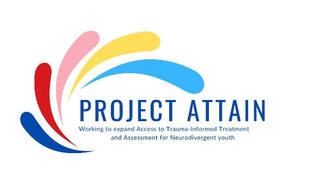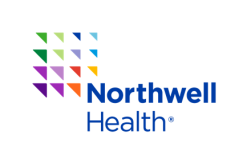Access to trauma-informed treatment and assessment for neurodivergent youth
The overall goal of our project is to improve outcomes for neurodivergent youth and young adults, including those with autism, ages 0 to 25, who are affected by trauma. Independently, these youth and young adults face more adversity and are at a greater risk of trauma, such as abuse and neglect, as well as experiences like rejection, isolation, and bullying than their peers without those differences. Professionals often have less than optimal capacity or expertise to support the needs of youth living at the intersection of these diversities and differences.
We built a team of professionals at Dartmouth Health, with state and national experts and people with lived experience, to help our New Hampshire workforce better care for this population. Our 5-year project will engage providers and staff at mental health centers, intellectual and developmental disability agencies, education settings, medical and mental health clinics, residential settings, and other agencies. We aim to help providers and staff better understand trauma and its impact, learn how to identify and screen for trauma and adversity, and provide best practices that are tailored to the needs of neurodivergent youth.
Our project will focus on the following three areas:
- Statewide trauma-informed training and consultation to a multi-disciplinary workforce (for example, pediatricians, intellectual and developmental disability providers, and residential staff) to help professionals understand the unique needs of youth and families and how to best support them
- Screening and assessment for trauma, adapted to the needs of neurodivergent youth
- Implementation of trauma-focused mental health services adapted for the unique needs of neurodivergent youth
For more information, contact Project Director Becky Parton, MSW, LICSW at rebecca.r.parton@hitchcock.org or 603-359-2448.
Key partners
- Kelly Smith, LICSW
- New Hampshire START Program
- STRYDD Center team at Northwell Health
- The LEND program in the Division of Developmental Medicine at Boston Children’s Hospital
This website is supported by Grant Number [H79SM084906] from the Substance Abuse and Mental Health Administration (SAMHSA) division of the U.S. Department of Health and Human Services. Neither SAMHSA nor any of its components operate, control, are responsible for, or necessarily endorse this website (including, without limitation, its content, technical infrastructure, and policies, and any services or tools provided). The opinions, findings, conclusions, and recommendations expressed are those of the author(s) and do not necessarily reflect the views of SAMHSA.



